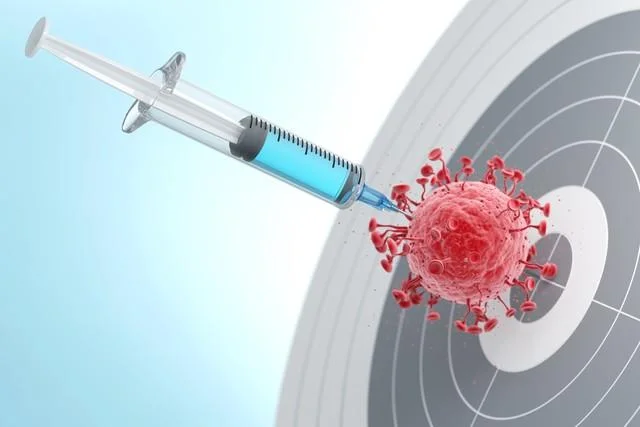Vaccines and new variants: The next generation of vaccines in 2023 will change the world.

The new coronavirus contains more than 10 mutated strains, such as Alpha, Delta, Omicron, etc., and is still developing to produce new mutated strains. In response to changes in the virus, improved vaccination methods such as inhaled and anti-mutation vaccines are being developed worldwide. Great progress has been made in preventing the spread of the virus, and new vaccines may play a more significant role in 2023.
During the first two years of the pandemic, the flurry of cases and ensuing deaths were fairly predictable. To a large extent, disease modelers have relatively accurately predicted when the new round of peaks will arrive and how much threat it will pose. Now things have become more complicated.
Some important new virus variants appear at an average rate of two per year, some more contagious and others more harmful. Just as it is difficult to say what future viruses will look like, it is equally difficult to predict how effective the world’s current measures to combat new variants of the virus, such as vaccines and building immunity from past infections, will be.

The modelers’ task is made more difficult because in any given country, people have different levels of immunity, and how much each individual is protected depends on a variety of factors: how many shots and boosters they received, The time and frequency of infection, the virus variant of infection, etc. Thanks to this layered immune system and therapeutic drugs, the new coronavirus is far less deadly than it used to be and is now similar to seasonal flu.
Read More:- Two new viruses of the new cryo: the strongest XBB virus can damage the brain
But flu is much less contagious and only occurs in winter. COVID-19 has not yet become a seasonal infection, and because immunity against infection lasts for a short time, many people will get infected more than once a year. Every year, 5% to 20% of Americans suffer from the flu. Some scientists believe that because there are no measures to limit people’s social interactions, half of the Americans will be infected with the new crown every year, which may lead to about 100,000 deaths a year. Twice the number of flu-related deaths in a severe flu season.

But COVID-19 infections depend largely on people’s behavior, which is the hardest thing for modelers to predict. A pattern of behavior emerges on the London 6 Underground: as the number of sick people increases, wearing masks becomes more common, but as the peak of infections declines, people remove them, and during a period of the rising number of new crown cases, many people visit Elderly relatives have previously self-tested. Such testing is becoming more convenient and quicker. There is a mobile phone application that can identify new crown infections by analyzing people’s voices and breathing, and the recognition rate is as high as 89%.
However, the new generation of new crown vaccines will have an unprecedented major impact on the world in 2023. The World Health Organization has approved more than 170 vaccines to enter the clinical trial stage. Nasal spray vaccines and mutation-proof vaccines are two potential breakthroughs to watch in the coming year.
Vaccines sprayed into the nose or throat create immunity in the cells that first come into contact with the virus, thereby immediately stopping the spread of the virus and preventing the molecular responses in the body that lead to COVID-19 infection.
Read More:- Is it possible for the first frozen person in 1967 to be resurrected?
What’s more, the vaccine prevents transmission, something first-generation vaccines failed to do. In September 2022, India and China passed the nasal and oral spray vaccines, but data on their efficacy have not yet been released. Other vaccines are being developed in Western countries, some of which have shown promising results in early clinical trials.
| Google News | Follow | Click Here |
| Telegram | Follow | Click Here |
| Quora | Follow | Click Here |
Follow | Click Here | |
Follow | Click Here | |
| Dailyhunt | Follow | Click Here |
Scientists are also working to develop vaccines that can protect against any future variants of the new coronavirus, some of which target specific coronaviruses, including the four seasonal cold coronaviruses, or more harmful infectious diseases such as the original SARS virus. Large-scale human trials of some vaccines will begin in 2023, and with luck, a broad-spectrum coronavirus vaccine could be available in 2024.









